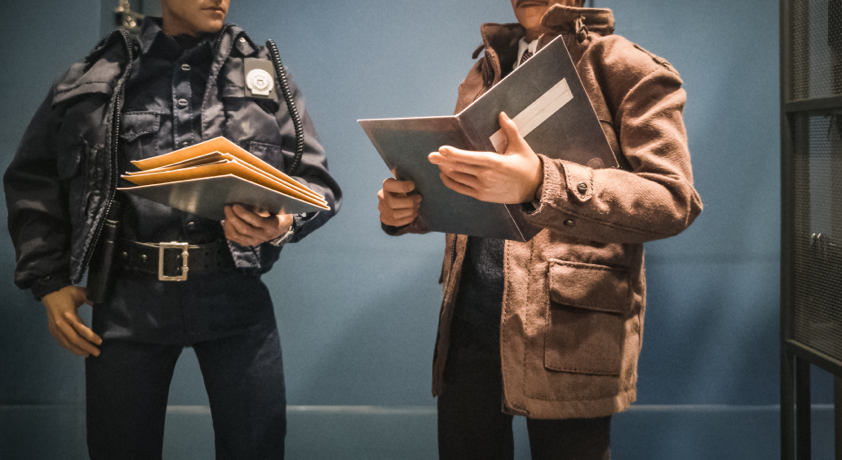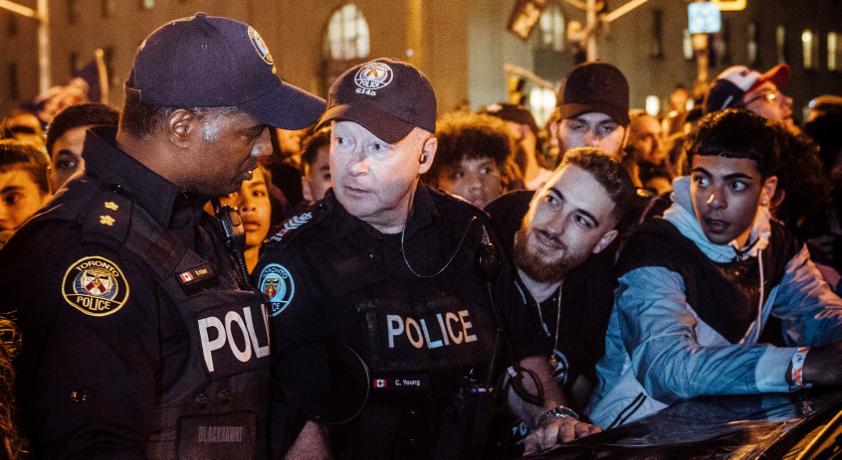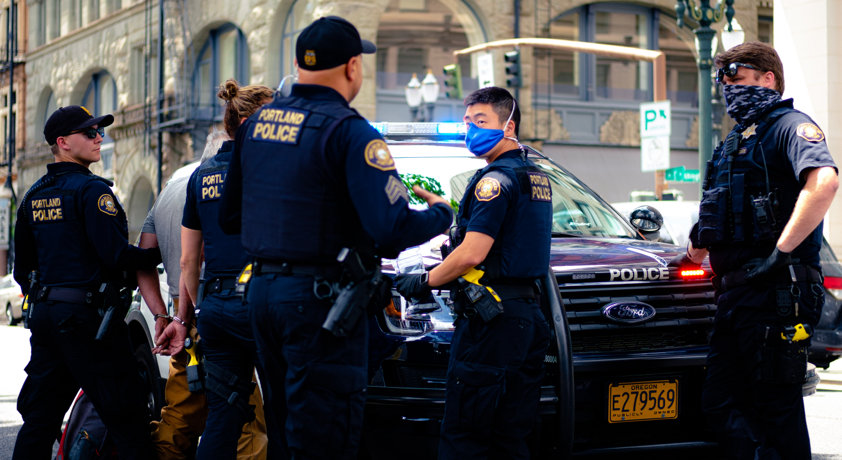Last Updated: 25 May, 2023

Private Investigator
Becoming a private investigator can be an intriguing career choice for those who are detail-oriented and have a strong desire to solve complex problems. Private investigators, also known as PI’s, are hired to conduct investigations on behalf of private individuals or organizations. These investigations can range from simple background checks to complex cases involving missing persons or corporate fraud.
What Is a Private Investigator?
A private investigator is a professional who is hired to investigate a variety of matters, including missing persons, infidelity, corporate fraud, and more. Private investigators are not law enforcement officers, but they are trained to gather evidence and conduct interviews in order to help their clients solve a problem or answer a question. They may use a variety of methods to gather information, such as surveillance, background checks, interviewing witnesses, and public records searches.
Private investigators are often hired by individuals, but they may also be hired by businesses or attorneys to assist with legal cases. The demand for private investigators varies depending on the economy and other factors, but these professionals are generally in high demand due to their ability to provide valuable information and evidence for their clients.
What Does a Private Investigator Do?
The duties and responsibilities of a private investigator can vary greatly depending on the specific case and the needs of the client. In some cases, a private investigator may be tasked with conducting surveillance and tracking the movements of an individual in order to gather evidence of wrongdoing. This might involve following the individual, recording their actions, and taking photographs or video footage. In other cases, a private investigator may be asked to conduct interviews with witnesses or suspects in order to gather information that can help to solve a case. This might involve asking questions, listening to answers, and taking notes in order to build a comprehensive picture of the situation.
In addition to conducting interviews and surveillance, private investigators may also be responsible for conducting background checks on individuals or businesses. This might involve researching public records, such as court records and property records, in order to gather information about a person’s criminal history, financial history, or other relevant details. Private investigators may also use specialized software and other tools to search for information online, such as social media profiles or websites. By gathering and analyzing this information, private investigators can help their clients to make informed decisions and take appropriate action.
Other common tasks that a private investigator may be responsible for include:
- Conducting interviews with witnesses and suspects
- Gathering and analyzing evidence
- Conducting surveillance and tracking individuals
- Conducting background checks on individuals or businesses
- Researching public records and other sources of information
- Preparing reports and presenting findings to clients
- Providing expert testimony in court, if necessary




